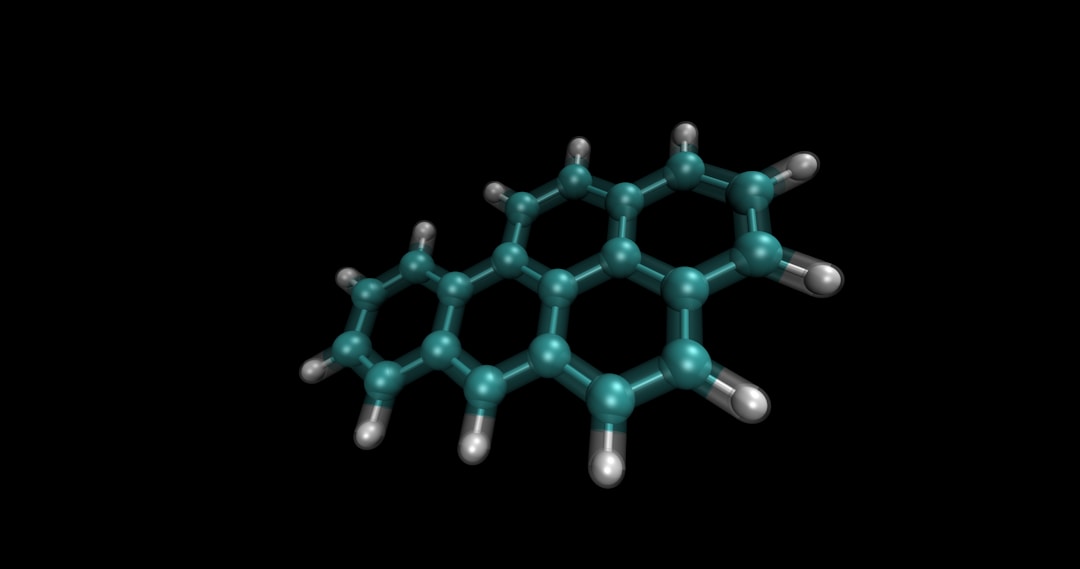The quest for improved physical performance and enhanced recovery processes has led to a significant interest in peptides like CJC-1295 with DAC. This peptide has piqued the interest of both the research community and those seeking its potential therapeutic benefits. Understanding the science behind CJC-1295 with DAC is key to appreciating its role in modern medicine. Below, we’re going over the intricacies of its mechanism, applications, and what future research could hold.
Understanding CJC-1295 With DAC Peptide and Its Mechanism of Action
CJC-1295 w/ DAC Peptide is a synthetic analogue of growth hormone-releasing hormone (GHRH). Its primary function is to increase plasma growth hormone (GH) levels by stimulating the pituitary gland. This extended version of GHRH is modified with Drug Affinity Complex (DAC), which lengthens its lifespan in the bloodstream, allowing it to act longer than natural GHRH.
The peptide achieves its prolonged effect by binding to albumin, a common protein found in the bloodstream, which slows its breakdown. CJC-1295 with DAC thus maintains an ability to stimulate the pituitary gland over an extended period, leading to more frequent GH release pulses. This sustained release is what sets it apart from other growth hormone secretagogues.
With its persistent action, CJC-1295 with DAC does not cause sudden spikes of GH release, thereby mimicking the natural pulsatile nature of GH secretion. This aspect is seen as beneficial for reducing potential side effects associated with synthetic GH administration, which is often characterized by its non-physiological pulse amplitude and frequency.
The Potential Benefits and Uses of CJC-1295 With DAC in Medicine

In the clinical context, CJC-1295 with DAC has been explored for its ability to treat growth hormone deficiencies in both adults and children. The prospect of sustained GH levels could translate into steady growth patterns in patients who struggle with conditions affecting their natural hormone production. Furthermore, the peptide may also possess anti-aging properties since GH plays a key role in cellular regeneration and maintenance.
Aside from its potential in managing GH deficiency, CJC-1295 with DAC has been investigated for its recovery enhancement capabilities. Athletes and individuals undergoing substantial physical exertion could benefit from improved recovery times, thus reducing the overall period of convalescence after intense physical activity or injury.
The use of CJC-1295 with DAC might extend into the realm of weight management. Growth hormone is known to facilitate lipolysis, the breakdown of fats, and thus, a regulated release of GH could potentially aid in weight loss endeavors. However, the utilization of this peptide in the management of obesity or metabolic syndrome remains to be thoroughly explored and validated.
Side Effects and Considerations When Using CJC-1295 With DAC Peptide
While the therapeutic promise of CJC-1295 with DAC is noteworthy, it’s essential to consider potential side effects. As with any substance that influences hormone levels, there’s a risk of altering the delicate endocrine balance. Users may experience side effects such as fluid retention, numbness, and tingling, which can often be attributed to elevated GH levels.
Careful dosage and monitoring are imperative when using peptides like CJC-1295 with DAC. Overstimulation of the pituitary gland to produce growth hormone can lead to joint pain and insulin resistance, among other long-term health implications. It is vital for potential therapeutic applications to go through rigorous clinical testing and regulation.
Individuals with pre-existing medical conditions, particularly related to hormone-sensitive malignancies, should exercise caution. Since GH can foster cell growth, it’s theoretically possible that peptides that increase GH could exacerbate certain types of cancer, though this relationship requires more comprehensive investigation to understand fully.
Finally, it’s crucial for researchers and healthcare providers to address the ethical and legal considerations surrounding the use of performance-enhancing substances like CJC-1295 with DAC. If its use were to become widespread without sufficient regulation, it could lead to health risks and unfair advantages in competitive sports.
Overall, the exploration of CJC-1295 with DAC peptide presents a fascinating glimpse into the realm of hormone modulation. Its capabilities could revolutionize the way we approach growth hormone deficiencies, aging, and recovery processes. As we advance, the cautious yet enthusiastic research into its benefits and safety promises a new era for peptide therapies in medicine.














